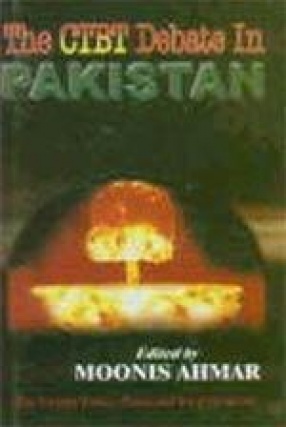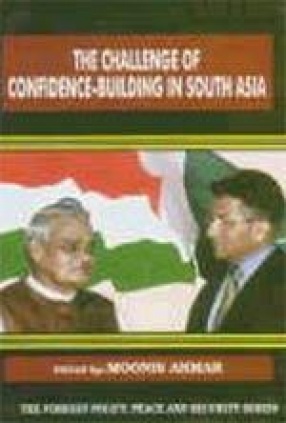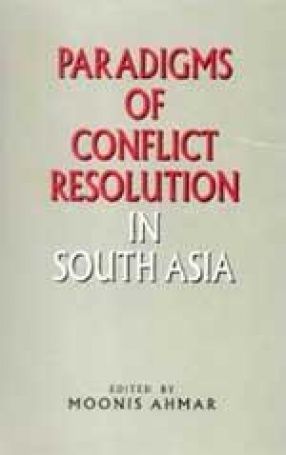
Showing all 5 books


CTBT is one of the most ambitious international treaties after the UN Charter and the NPT. International lawyers who are familiar in routine with the international multilateral treaties, their format and their structuring can truly appreciate the extraordinary all encompassing nature of this treaty. Its outstanding feature is the universal consensus accorded to it, which very few treaties have ever enjoyed. It is a high point in the development of international ...

There are many reasons to be dispirited about the absence of proper confidence-building measures in South Asia. The book provides reasons for hope. A rising generation of teachers, strategic analysts, and researchers is applying their considerable talents to bridging the gap between the theory and practice of confidence-building. They are seeking to apply and adapt the literature of CBMs developed in the West indigenizing this body of work for the unique ...

With the peace talks between India and Pakistan seemingly at a dead end, this book seeks to open a new way of dealing with the Indo-Pak conflict. The contributors to this volume argue for the adoption of the Arab-Israeli peace process as a model to be followed. They point to the similarities and differences between the contours of the conflicts in the middle East and in South Asia. While there are clear structural differences between the two areas of conflict, ...

The central theme of the book is the changing paradigms of conflict and conflict resolution after the events of September 11. It also considers options for the South Asian countries to respond to challenges which they face in the dichotomy of US-led war against terrorism, the relevance of peace process and confidence-building measures in order to resolve inter and intra-state conflicts in the region. Paradigms of conflict resolution are passing through a ...

The idea of rebuilding Afghanistan, conceived, discussed and examined on the occasion of Born conference held in December 2001 covered the transformation of not only the Afghan government but also judiciary, education, infrastructure and various segments of society. Participants of the Bonn conference held the view that given the tribal, orthodox and under developed nature of the Afghan society, it was easy for the extremist and terrorist non-state actors to use ...
